Barış Doğa Çam
I’m Barış Doğa Çam, I’m a 27 year old architect and language enthusiast. I speak Turkish, English and Spanish fluently, on a daily basis. I also speak French, Valencian/Catalan and Kurmancî Kurdish rather fluently. I have also studied Italian, Latin, German, Greek, Arabic, Hebrew, Basque to varying extents. Currently, I’m learning Welsh and Dimilî/Zazakî, the latter being my father’s native language. Together with my father, I am working on learning and documenting the dialect of Dimilî spoken in Mutki, building a grammar and a glossary for it, as well as creating learning material.
Dimilî: A polyglot's journey into learning an undocumented endangered language
My journey as a polyglot began when I was 10 when we moved from Turkey to the US. A native Turkish speaker, I first learned English, then French, Kurdish, Spanish and Valencian, while studying a few other languages on and off. I’m now learning Welsh together with Dimilî, my father’s native tongue. My father came from a small Zaza community in Mutki, Bitlis where they speak a unique dialect of the Zaza language which they call Dimilî. They lived as a minority within another minority, and the story of their vanishing tongue is now an integral part of my life. Our language has many names: Zazakî, Kirmanckî, Kirdkî, Dimilkî, Dimilî, Zonê Ma… My favourite is the last one, Zonê Ma, which translates to “our language”, and I believe it captures something essential about the issues our language faces: it is spoken by many small and distant communities, who have different histories, cultures, and even religions, thus resulting in a myriad of distinct dialects that are, in many cases, not mutually intelligible. Although there have been many efforts to document, standardise and revitalise the language, most approaches have been top-down and based on the researcher’s own dialect. Using the available resources today, a student of Zazakî often helps revitalise a dialect that is not theirs, while exacerbating the extinction of their own, still unable to communicate with their elders. As a visual-learner, I avoided learning Dimilî for a long time due to lack of resources. But after years of studying different languages and learning how to learn them, I finally started learning our vanishing dialect. Today my father and I are working on documenting the dialect of Dimilî spoken in Mutki, using social media extensively and connecting with our family members. Based on my experience with studying Welsh and Valencian, both minority languages caught between standardisation and extinction, our main focus is to be true to how the language was actually spoken in his childhood, and not an idealised version of it. I’m learning the language as my father is remembering it, through anecdotes, legends, fairy tales and lullabies. His memories are my study materials. As he remembers his childhood and connects with his relatives, I work on extracting a grammar and a glossary, all in the hopes that “our language” and the knowledge it carries don’t fall into oblivion.

